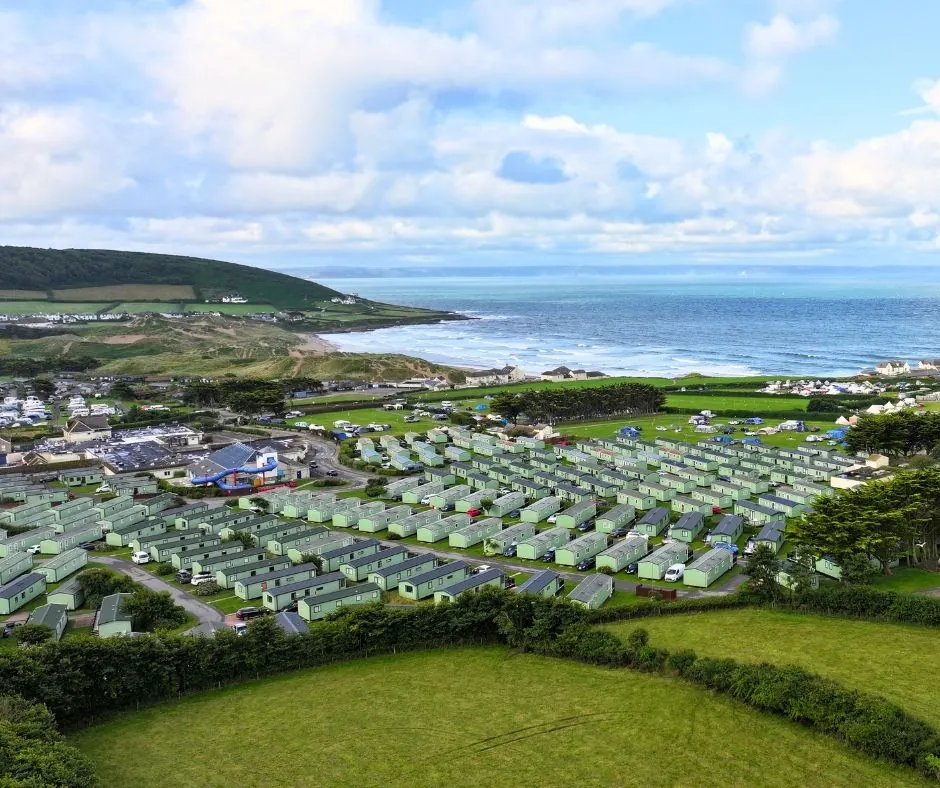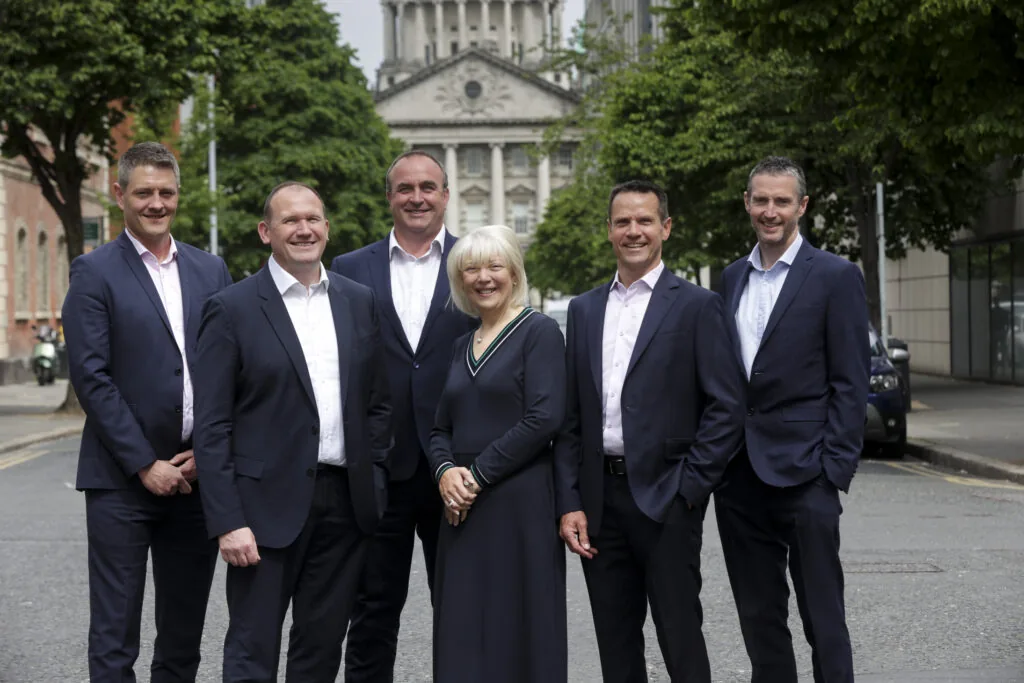
There is no denying the need for urgent action to combat climate change. In the words of a recent UN report 'It is disrupting national economies, affecting lives, costing people, communities and countries dearly'. Today, three businesses took a pioneering first step to overcome the constraints of conventional thinking and collaborate on the UK's first wind energy project on a complex leased and financed, industrial site.
While other businesses have invested in on-site wind generation, it has historically been those that own their own property and therefore have control over how the real estate is managed. For Accolade Wines, the UK’s Sustainable Manufacturer of the Year in 2018, the environmental and economic benefits of powering their 80,000 sq m distribution centre from clean, renewable wind energy were obvious but they did not own their site. Such a project would require ambitious thinking, an open mind and new levels of collaboration to unlock.
Shared vision and commitment
It was clear to Accolade from the outset that this project had to happen. As Richard Lloyd, Accolade’s General Manager of European Operations says, “this single turbine will save 7,000 tonnes in carbon emissions every year while significantly reducing our energy bills. Our commitment to the environment is a board-level priority, and the urgent need to decarbonise our electricity is becoming more evident by the day, wo we were determined to find a way to make this happen.”
This vision was shared by CleanEarth, whose experience in developing complex projects, coupled with a resilient and tenacious approach, gave valuable insight and support to Accolade throughout.
In the words of CleanEarth’s Managing Director, Dean Robson, “this was never going to be easy. But we knew that it was achievable with the right partner. We’re proud to have worked alongside Accolade. It’s taken a lot of time and effort, but the result would have been impossible without this shared determination and vision.”
Aligning the stakeholders
While Accolade and CleanEarth were convinced of the plan’s merit, three further stakeholders needed to be in agreement if the project was to succeed. First, the local planning authority needed to grant planning consent. Second, the owner of Accolade Park needed to accept a 426 ft wind turbine built next to a valuable distribution centre on their land and third, the bank who had mortgaged the property had to be sure this would not harm their security.
Despite the restrictive regulations that govern onshore wind development in England, Bristol’s planning authority quickly recognised the contribution that the turbine would make to the city’s ambitious carbon reduction targets (they recently committed to achieving carbon neutrality by 2030). And with strong support from the local community, there were no major barriers to granting planning consent.
Next, the owner of Accolade Park and its bank had to be assured the project would not harm their interests and their cooperation was critical to making it happen. This is where so many similar projects have floundered in the past. As Dean Robson puts it, “we’ve talked to numerous businesses that would go for wind generation without hesitation, but because they don’t own the building they assume it’s a non-starter.”
There is a common perception that the environmental and commercial benefits of a turbine fall almost entirely on the tenant. Landlords have therefore been reticent to co-operate unless there were strong environmental drivers to incentivise them.
Roebuck Asset Management who manage Accolade Park on behalf of the owner thought differently however. As Charlie Seaton, Director of Roebuck put it "we recognised the importance of this project to our tenant and we have a corporate social responsibility to support the development of carbon free energy. Pressure from all quarters – shareholders, consumers, politicians, the media – it’s only going to increase and asset managers and owners need to be setting their own environmental commitments. This is certainly a first in our experience, but it sets a precedent that others are sure to follow".
Overcoming the challenges
The complexity of the legal arrangements needed to align the interests of those involved and balance the risks, cannot be overstated. Working with Foot Anstey's energy team, Clean Earth developed and agreed new legal models to unlock the project and satisfy the funders that their security was not at risk.
As Duncan Tringham, partner at Foot Anstey LLP put it "Over the years we have developed a series of legal agreements for complex, multi-party projects but nothing on this scale. Working collaboratively with lawyers from Stephens Harwood, DLA and Mischon de Reya we set about addressing the concerns of each party and finally reached a position which achieved everybody's aims and ambitions. We now have a template for unlocking many more projects".
It was challenging process but a deep understanding of the issues, creative thinking and a high degree of commercial pragmatism, particularly on the part of CleanEarth, were the recipe for success.
A model for the future
Industrial sites such as Accolade Park are ideal candidates for wind generation. They are where the electricity is needed, are removed from residential properties and are far less prone to the aesthetic sensitivities that often stand in the way of planning approval.
Developing on-site renewables for tenants is also a way for property owners to add value to their assets. As more and more businesses require carbon-free energy as part of their sustainability programme, landlords will gain competitive advantage if it’s available at the point of consumption.
Until now these opportunities have gone largely unexplored due to the legal complexities and negative perceptions around landlord and bank co-operation.
The determination of Accolade Wines and CleanEarth, the ambition of Bristol’s planning authority, and the vision and collaboration of Roebuck and the site’s owner, all combined to achieve what many said could not be done. As Charlie Seaton commented, “this is a pioneering renewable energy initiative in the commercial property sector, but entirely fitting for a tenant as progressive as Accolade Wines. We are confident it will set a precedent that others are sure to follow." Hopefully this is the first of many.











